LIFE-RECYPACK is a demonstration project to foster green public procurement (GPP) of CPPW in urban areas. The project will demonstrate that this waste stream is a valuable resource from which new recycled added-value materials and products can be obtained. The project will implement an innovative management model to assist local authorities in decision making, and to provide companies with incentives to participate.
The project will evaluate the generation of CPPW by business/shopping centres, urban commercial centres, distribution companies and professional small and medium-sized enterprises (SMEs). The project will focus on polyethylene, which is the most common type of plastic, and expanded polystyrene, which is a concern because of its low density. The project will operate two recycling facilities, in Hungary and Spain, which will produce recycled polyethylene and recycled polystyrene from CPPW. The recycled material will be used to manufacture new plastic products, thereby closing the loop. The project will also evaluate the potential for replication of its recycling systems in Belgium, Croatia, Poland, Romania and Turkey.
LIFE-RECYPACK will be an example of a circular economy business model and will contribute to the recycling of plastic waste, which is one of the priority sectors in the EU Circular Economy Action Plan. The project will also help the implementation of the Waste Framework Directive, the Landfill Directive and the Packaging Waste Directive.


The project consortium consists of experts in waste management (logistic and recycling), Public Administration, private companies, sectorial association and research centres. It is a public-private partnership that allows economic viability for the new solutions.
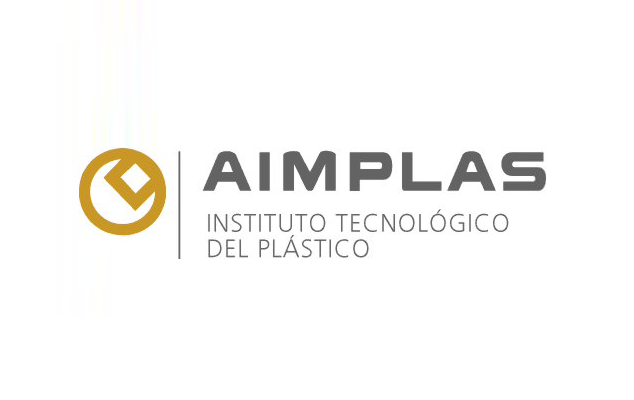
AIMPLAS is a Technological Institute focused on plastic sector, with more than 100 professionals with huge expertise in compounding, processing, recycling, product development and analysis of waste, analysis of plastic materials for different sectors, such as automotive, electric-electronic, packaging and other traditional ones.
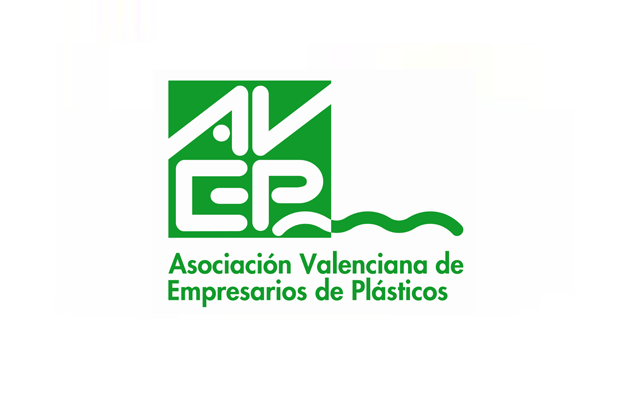
Represent the common interests of its members to regulatory and other authorities; Including Trade Union relationship fixing the labour regulatory framework for Plastic Industries in Valencia. Provide fiscal, legal, administrative, financial, economic and technological assistance to its members.
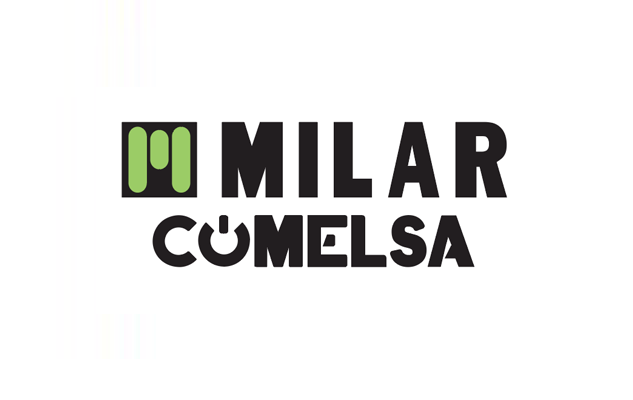
COMELSA is a central purchasing and services provided to the outlets associated with it in order to facilitate the daily work of these to achieve greater optimization in their business. Its main activity is the marketing and sale of household appliances, telephone equipment, radio, heating and cooling and all kinds of electrical appliances.

The Valencia provincial council, is a public administration that works as a big “council of councils" preserving inter-regional balance, and advising municipalities cooperating and collaborating in the execution of infrastructure works, whose task could not be developed with own the municipal budgets.
Recycling, Consulting and Services S.L. (RCS) is a Spanish environmental consultancy specialized in sustainable and integral waste management specially focus on Waste of Electrical and Electronic Equipments (WEEE), as well as batteries in its different varieties.
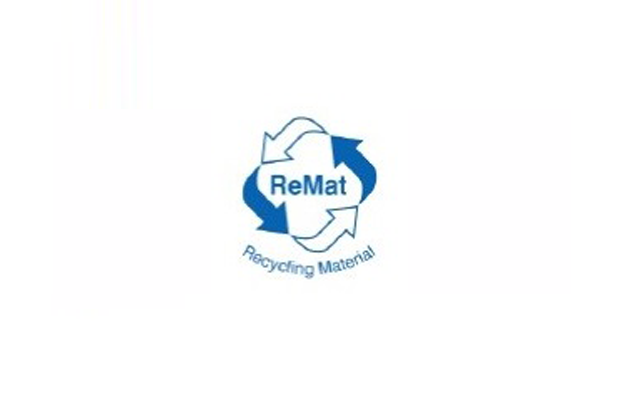
The company group utilizes primarily polyethylene and polypropylene packaging waste with the use of automatic selecting system, and cleaning and regranulating equipment purchased from the world’s leading manufacturers. In the last few years – together with the widely spreading selective waste collection – the company also utilizes PE collecting and carrying bags resulting from residential collection.
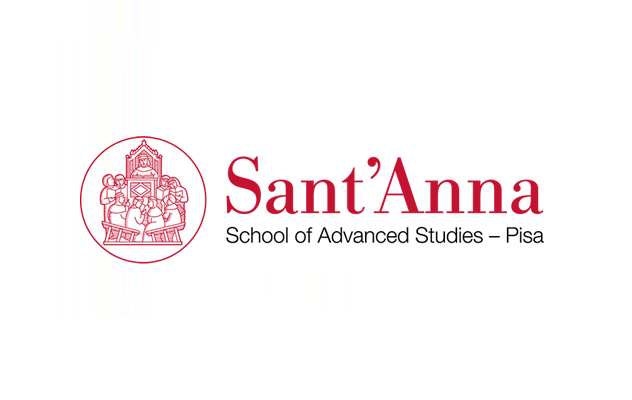
The mission of the Sustainability Management research group (SuM) of Institute of Management is to combine the knowledge of business management and policy making with the principles of sustainability, through scientific research and empirical investigations. Our goal is to blend managerial and technical expertise in the promotion of sustainability principles.

The development of this project has been co-funded with the support of the LIFE financial instrument of the European Union
[LIFE16 ENV/ES/000305]
This publication reflects only the author's view and that the Agency/Commission is not responsible for any use that may be made of the information it contains


